The North Sea energy industry is eminently bankable but the appetite for investment in oil and gas services globally has not yet returned, according to Piper Sandler.
Even so, Mike Beveridge, vice-chairman, energy and power investment banking at the firm, which advises the energy sector on finance, is optimistic about mergers and acquisitions (M&A) activity in 2023.
Oil and gas now a ‘strongly performing segment’
Mr Beveridge – based in Piper Sandler’s Aberdeen office – said: “Huge strides in decarbonising operations and investing in accelerating the energy transition have been made, not just by the super-majors but across the supply chain.
“With strong commodity prices leading to substantial earnings growth across the sector and a renewed focus on energy security, giving long-term visibility, oil and gas is now a strongly performing segment.”
Despite this, most investors seem determined to avoid the sector, rather than look at the investment opportunities, Mr Beveridge lamented.
He added: “For an industry which has played a huge role in extending life expectancy and improving our quality of life, keeps the lights on, is a critical component in thousands of everyday products, employs hundreds of thousands of people and is currently paying vast taxes, this is extraordinary.
“This negative sentiment is largely driven by the continued demonisation of the broader fossil fuels industry in western society, reinforced by the media and, as a consequence, by politicians.”
There is “limited rational debate” around the implications of solving the energy trilemma – the need to strike a balance between security, sustainability and affordability – and many people fail to grasp the length, complexity and nature of transition, he said.
He continued: “Oil and gas companies are deploying huge amounts of capital to invest in new energy technologies.
“This investment will decarbonise the industry, drive energy efficiency and significantly increase renewable energy capacity.”
The cost of intermittency remains the single biggest barrier to renewable energy replacing traditional power generation and fuels, he said.
The stark reality is the energy transition won’t happen in the next decade.”
And he warned the Scottish Government’s draft energy strategy, with its presumption on no new oil and gas, seems to advocate abandoning fossil fuels before affordable and secure alternatives are in place.
Recent comments by Labour leader Sir Keir Starmer do not help the debate, he added.
Sir Keir told delegates at the World Economic Forum in Davos a Labour government would block new investment in oil and gas.
The UK urgently needs energy security and drivers of economic value. We can produce some of the lowest carbon oil and gas in the world, on our doorstep in the North Sea.”
Mike Beveridge, Piper Sandler
Mr Beveridge said: “Like most others in our sector, I cannot see the logic in the UK or Scottish Government taking steps to frustrate critical new investment in the UKCS (UK continental shelf).
“The UK urgently needs energy security and drivers of economic value. We can produce some of the lowest carbon oil and gas in the world, on our doorstep in the North Sea.
“Why should we damage this industry, only to import more from international markets?
How the P&J has reported the big deals of 2022 and 2023
“That seems to me to be a completely illogical path and one that is a major negative, not a positive, in our stated path to net-zero.
“The stark reality is the energy transition won’t happen in the next decade.
“Oil and gas will still be a meaningful contributor to meeting global energy demand for the next 30-40 years and will require long-term financing.”
Piper Sandler is encouraged by upward share price movements of listed companies in the global oilfield services (OFS) sector, following generally positive earnings updates in late 2022.
Its investment bankers believe this shows institutional investors are starting to re-rate OFS and reward companies for underlying trading performance and a positive outlook.
The numbers stack up
Mr Beveridge said: “This suggests capital markets are now being drawn back to OFS based on core financial metrics.
“Within very recent months we have seen a clear shift in deal appetite from the larger public OFS companies. M&A is now back on their agenda as they look to capitalise on this growth cycle and positivity within the sector.”
Share your views on the oil and gas industry’s future in our comments section at the foot of this article
Private equity investors also appreciate the positive outlook and potential for investment returns in the sector, but many are constrained by those who commit capital, Mr Beveridge said.
He added: “LPs (limited partners) – largely pension funds and institutional investors – are swayed by anti-fossil fuel rhetoric and ESG (environmental, social and governance) agendas.
‘Real investment opportunities’
“More private equity funds will wake up to the fact there are real investment opportunities in oilfield services. Some are already actively looking to acquire targets.
“There is a particular opportunity for generalist private equity funds, who are not saddled with an existing OFS portfolio, and can judge each opportunity and sector on its own merits.”
The UK North Sea should be on the verge of a very interesting investment phase.
New oil and gas developments are nearing final investment decisions.
Add to this the 33rd exploration licensing round, with four priority, fast-track clusters.
There is also the first ever carbon capture utilisation and storage licensing round,
And the Innovation and Targeted Oil and Gas seabed leasing round, which is largely predicated on decarbonising existing oil and gas assets.
Finally, ScotWind will drive investment in nearly 30 gigawatts of new fixed and floating wind.
But what is the outlook for funding new activity across the North Sea?
Mr Beveridge said: “We could potentially see a situation where there are significantly more projects demanding capital than there is capital willing to commit.
“These projects will compete for the same supply chain and will, in aggregate, require massive investment.”
He added: “Globally, there is currently almost no new rig and vessel-building.
“Traditionally, these critical assets were not financed by private equity or investor groups, but by industrial companies and specialist financing groups via their own balance sheets.
“The rig and vessel sectors remain highly leveraged from prior downturns and speculative investors now lack the confidence in predicting the long-term demand outlook for these capital-intensive assets.”
Inflationary pressure
Rig and vessel availability and day rates are the key cost component for offshore projects, he explained.
A shortage of assets in tighter markets will add inflationary pressure for projects offshore, placing a premium on technologies and solutions to meaningfully reduce rig and vessel days, he said.
Turning to the Middle East, Mr Beveridge sees a much more investable region due to the extent of hydrocarbon reserves, low lifting costs and increased production targets.
He said: “While Middle East producers understand the importance of decarbonisation, there is much less societal pressure to block oil and gas developments.
“The region will become the fulcrum of hydrocarbon activity for decades to come.
“Middle East NOC’s (national oil companies) want to maximise their single biggest economic asset and are, therefore, happy to play the long game.
Middle East a buoyant place for M&A
“Recent geopolitics demonstrate Saudi Arabia and the GCC (Gulf Co-operation Council) countries are not prepared to ramp up production, and hence constrain oil prices, at the behest of the US and Europe.
“As a result, M&A activity is and will remain relatively buoyant in this region.
“OFS businesses with a strong footprint in the Middle East or relevance in that region are attractive to both established local buyers and western buyers looking to move in.
“Gas is widely seen as the transition fuel and is, therefore, less ‘demonised’, so investors now make the distinction between oil and gas.”
Carbon capture and storage – a major solution to the gas emissions problem – is steadily moving forward as a mainstream sector but still at a very early stage, with few schemes investment-ready.
Mr Beveridge said: “CCS is a new market for OFS businesses who can drill injection wells, provide reservoir engineering services, build pipelines and offer project planning.
“Many traditional OFS companies are repositioning as energy service firms, and will lead innovation in decarbonising, clean gas technologies, geothermal, hydrogen, and carbon capture and storage.
Industry’s ability to pivot to renewables is key factor for investors
“Others with an offshore focus are leading on wind and other marine energy markets.
“The ability for the OFS industry to rapidly pivot and lead the energy transition should enhance their appeal to investors.”
A major stumbling block to the investment needed to drive energy transition in the UK is the energy profits levy, or windfall tax.
Mr Beveridge said the “excessive” tax burden” on operators and fiscal uncertainty were a deterrent to current and future investors in the North Sea.
He explained: “We have heard much about windfall taxes and comparative tax rates in the UK versus other basins.
“However, the UK is a mature basin, with high operating costs, and tax rates do really influence investment decisions. The industry deserves support and needs certainty within the fiscal regime.”
What’s happening on the other side of the North Sea?
He believes the UK should look to Norway as an exemplar for national energy stewardship.
One of the most environmentally friendly countries in the world, Norway has an abundance of oil and gas.
There is recognition there that hydrocarbons will be needed for several decades.
The country is committed to capitalising on global energy prices and energy security concerns by maximising production.
Mr Beveridge added: “Norway may well, ultimately, squeeze every barrel of hydrocarbon it can out of the basin for the benefit of the nation as a whole, with their buoyant OFS industry investing profits into energy transition and leading the way in decarbonisation.”
The UK is a mature basin, with high operating costs, and tax rates do really influence investment decisions. The industry deserves support and needs certainty within the fiscal regime.”
Energy transition creates an enormous opportunity for oilfield services.
This is not only because of the critical role oil and gas can play but also because of the sector’s ability to act as a lead innovator in new energy markets.
This environment should create a compelling backdrop for investors to re-evaluate their appetite, Mr Beveridge said.
He added: “We enjoyed a strong year across our business in 2022, having advised on a number of important deals across several international markets, and expect 2023 to show a continuing positive trend in energy M&A.”
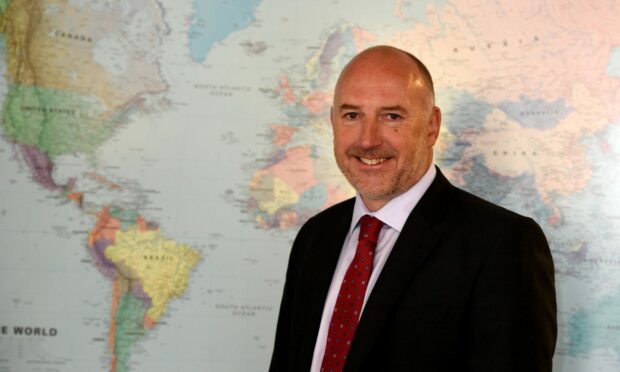
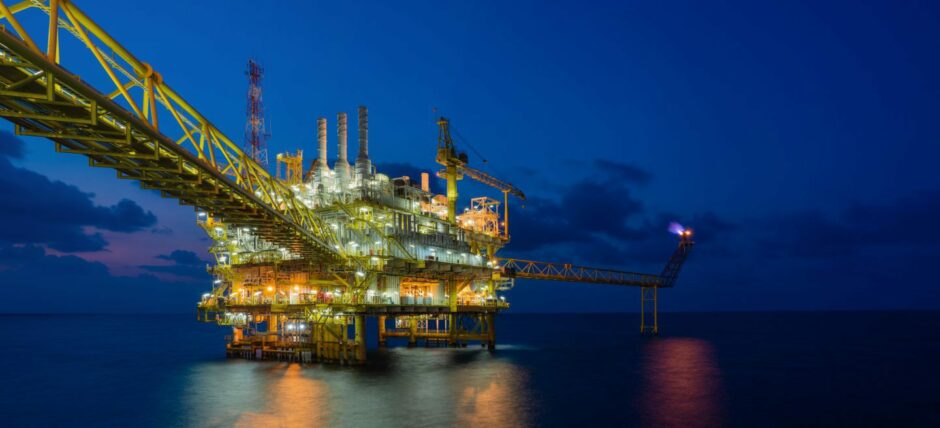

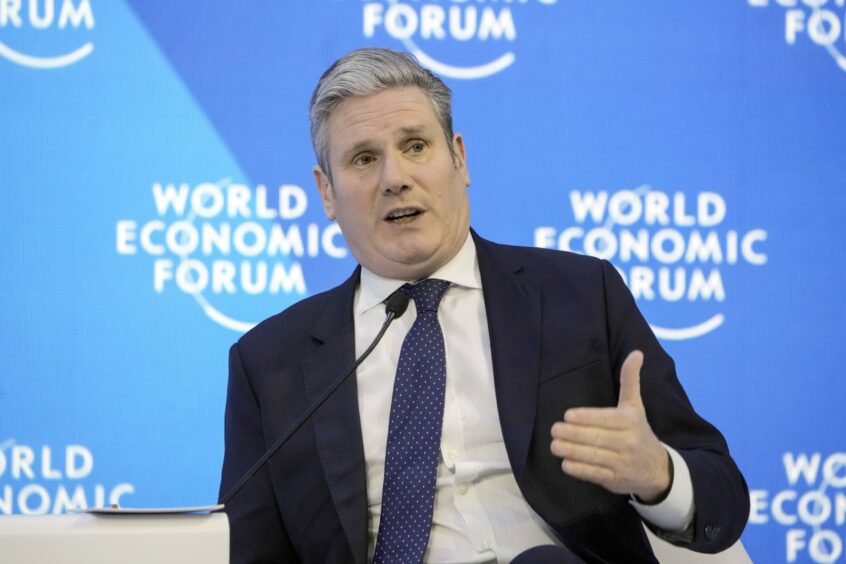
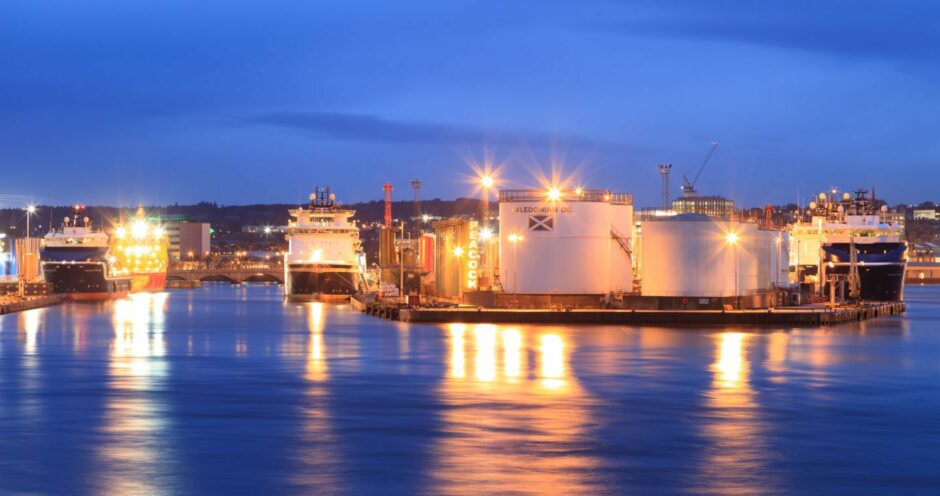
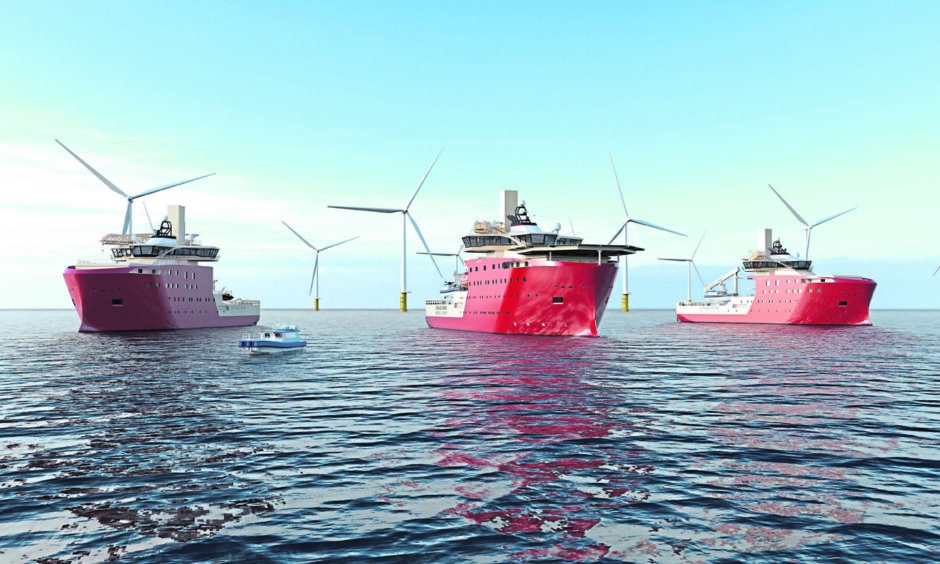


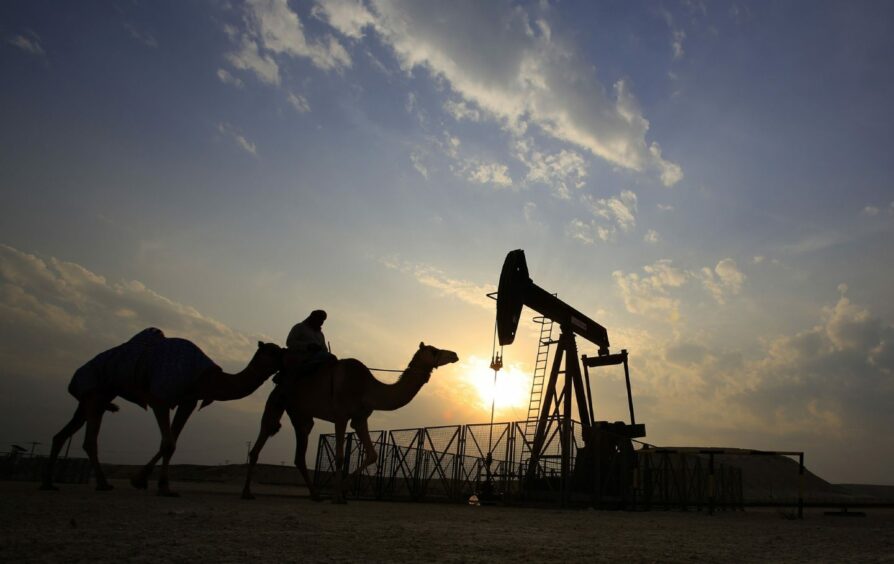
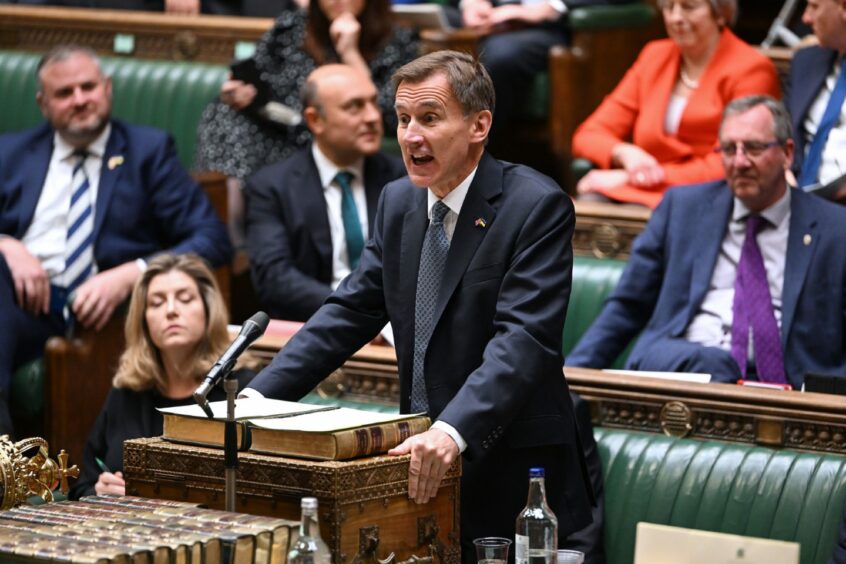

Conversation